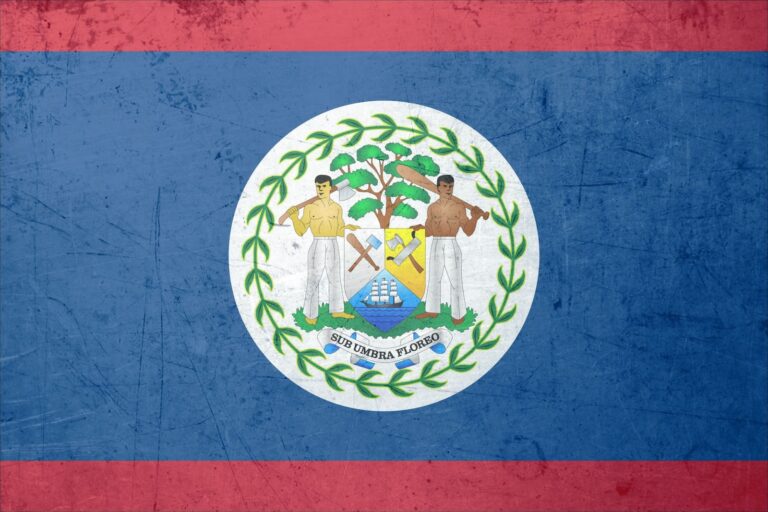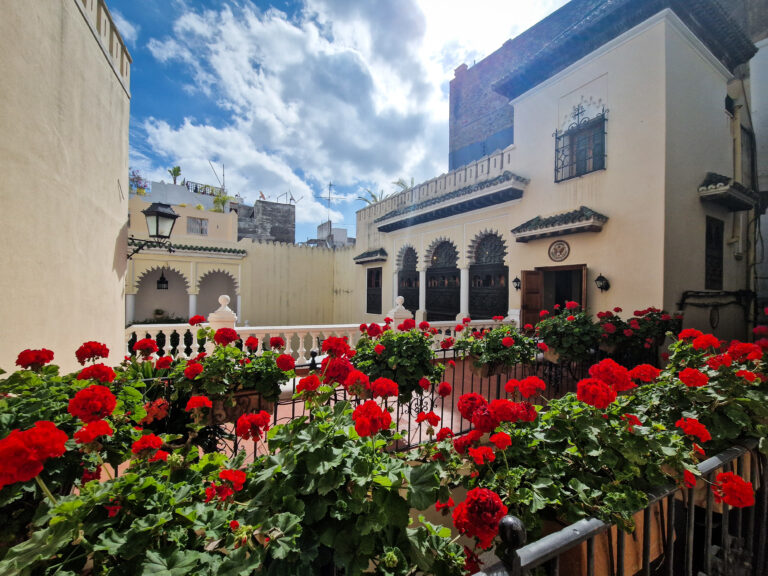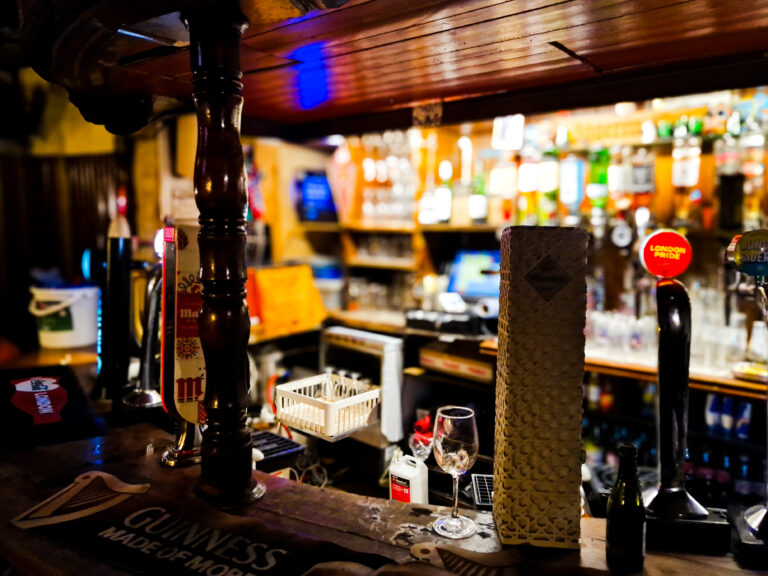Portugal: Porto, Madeira and Overtourism
A Growing Problem
Anyone following international news these days may be acquainted with the wave of backlash in many European places in the face of overtourism. It’s a phenomenon that as a destination marketer in my prior life I was always baffled by. How could you have too many tourists? They bring money, boost economies, liven up a place. My whole existence as a marketer revolved around increasing visitation, never with any concern that it could ever become too much.
I remember hearing the term first in 2018 at the Colorado Governor’s Tourism Conference. The keynote speaker used an example from Amsterdam (which little to my knowledge at the time would become my future home), how waves of tourists unloading from cruise ships have wrecked an otherwise charming and quaint but vibrant city and how the city was dealing with the problem. I remember first visiting Amsterdam in 2007, taking a picture with the big “I AMsterdam” sign in Museumplein which has since been removed so as not to project the mentality that if you are visiting that you are in any way a local (it’s now located at Schipol International Airport so that tourists coming in from overseas can still grab a selfie while not upsetting the sensibilities of the locals.) Before the rise of budget airlines and short term rentals platforms like Airbnb, it was a time in which tourists were welcomed with open arms. But like a tsunami still far out to sea, there was a flood coming in that no one foresaw.
Overtourism
Fast forward 10 years: in the midst of this newfound deluge of visitors, this speaker claimed that to be good stewards of popular tourist destinations like Amsterdam, local governments must carefully find a balance that both encourages the “right type” of visitation, portays the place in a positive light, but also manages the flow in a way that prevents the destination from being ruined. But key to this is that it’s not up to the tourists themselves to fix the problem by simply not coming, it’s the destination itself. It has been painful watching many of these charming European places grapple with the issue as if it appeared overnight. From Hallstatt in Austria erecting wooden fencing to prevent tourists from taking photographs at a popular Instagram selfie spot, to Amsterdam rolling out a marketing campaign specifically telling Brits to stay at home rather than going on weekend benders in the red light district. Neither strategy has been particular effective, as neither actually addresses the core problem or changes incentives in a meaningful way. I admire the effort though: the Dutch are famous for coming up with creative ideas aimed at inducing behavior change: printing a fly in airport urinals for men to “aim at” proved to substantially cut down on bathroom upkeep, but paving sidewalk corners with large rocks in the red light district to prevent drug deals shockingly just caused those deals to take place a few feet down the street. Never know until you try, I guess. I’ve often wondered: am I part of this overtourism problem? My family and I travel more than most. We moved to Europe in large part for this very purpose. I have found myself on the other end of this at times too: my eyes rolling as I see the quaint city where I am having my morning latte turned to a mad house as a cruise ship unloads, the city center of Amsterdam filling up with stag parties taking selfies smoking weed. All the while fancying myself somehow not one of those tourists too. I recently read an article by a popular travel blogger who claimed that in order to not be part of the problem that he is resolved to simply not travel anymore. He took a quite “holier than thou” stance and drew much attention to how altruistic he was for refusing to be part of the problem by staying home. Sure, that’s a solution, and maybe a reasonable one for someone who has spent decades traveling and has been fortunate to see much of the world. But are we to tell that middle class family that can finally afford to fly over the ocean with their kids to stay home so that they don’t contribute to this problem? I’m not going to tell them that. It’s a tough mental exercise, being a tourist while imagining that I’m not “contributing” to overtourism. I admit, my wife and I lugging 2 kids to St Peter’s Basillica on a Saturday does no favors to anyone looking to enjoy the place. Nor does visiting the ancient site of Pompeii or the tiny seaside town of Positano with a stroller and a potty-training two-year-old. These for sure contribute to overtourism. But does that mean we shouldn’t go? Am I myself on a high horse by thinking I can go without contributing to this problem? I really dont know the answer, and maybe I just need to accept that as a flawed human it’s not unusual to admit to a problem and then go ahead and continue to contribute to it. But I do know what a responsible tourist is. As much as I can I will not trash a place, piss in the street, take that closed down trail that I found on a secret travel blog site. As much as I can I will speak a few words of the local language, try to not be loud and obnoxious and assume that everyone around is here to serve me. Aretha Franklin wrote a whole song about it. To me it’s about respect, and the rest is for the government to decide. Hate the cruise ship crowd? Don’t allow them to dock there (Amsterdam). Cleaning up trash costing more money to keep the city pristine? Charge an extra tourist tax (Venice). Vacation rental owners causing real estate prices to be untenable for locals? Ban them (Barcelona). There’s perfectly logical ways to manage overtourism in a responsible way by disincentivising the group that is causing the problem. But instead what we see is tourists themselves becoming the target.
Madeira: A View of Overtourism
Enter: Madeira. It’s yet another poster child of overtourism. The Instagram posts are dazzling. They call it the Hawaii of Europe. Its rugged mountains jutting out of the ocean like some fantastical Disney movie paradise. In every way it lives up to its reputation: the banana plantations, the misty tree covered valleys that hide the Levadas that for centuries have brought water from the heights of the mountains to the locals that live there. The gritty wine which was the favorite of George Washington that he used to toast America’s independence. And in some ways it has even helped contibute to what we think of as Polynesian Hawaii: a local guide told me that the Ukelele, now unmistakably associated with a sunset on some South Pacific island, was in fact invented by Madeirans. The slow pace of island life has been a hallmark of the Madeiran way of living since its discovery by Portuguese explorers in the 15th century. But sometime in the last decade that has all changed. It is now bustling with tourists. Its iconic mountain peaks are now crowded with parking lots filled with rental cars and tourists vans. The once tiny Christiano Ronaldo Airport is now one which services many times the passengers than it was ever designed to handle. Again, it’s a place that is now grappling with a problem that seems to have caught it by surprise. Overnight it seems to have tranformed to a place that desperately encouraged visitors to one now that is being slowly destroyed by them. In the nearby Canary Islands, locals have staged hunger strikes in protest of resort developments and erected phony signs at beaches warning of non-existant poisonous snakes to discourage tourists. Yet local governments reaping the benefit of increased tax dollars and the infusion of cash into the economy sit back and do nothing.
The Problem of Externalities
As a young economics student in 2006, I recall learning the principal of externalities. They can be positive: maybe I derive some pleasure of hearing the music from an open air concert in a nearby park. I didn’t pay for it, but I get to enjoy it anyway. But they can also be negative: more flights into Amsterdam Schipol Airport means more cash flowing into the local economy, but given that I live in the flight path of Runway 27, I get to hear the roar of 747 engines each time one lands, which I am in no way compensated for. My professor in that ECO 202 class taught us the practical ways these can be solved for, and none of it is rocket science, but it’s a lesson that places suffering from overtourism seem to have missed: local populations suffer massive negative externalities from all those increased tax dollars that don’t seem to enter the calculus of their public policy. In the meantime, public outrage continues to be directed against the tourists themselves. I admit, I have little desire to visit Barcelona, the Canaries, or Venice for fear of being spit on by locals claiming that I am ruining their home. But am I really the problem?
Our Visit in the Clouds… and Crowds
Our few days in Madeira were in many ways the incredible escape we had hoped for, and in others a disappointment: the trails to the popular hikes were indeed crowded in some places as if I were in line for a roller-coaster, although our Madeiran guide who was totally okay with the paycheck he was getting for the excursion of 12 hikers was ironically annoyed with all the other tourists we passed on the trail. The whale watching cruise we took turned out to just be an exercise of trying not to fall overboard or get seasick. In an ironic twist, the weather in rainy Amsterdam from which we had fled over this spring break weekend turned out to be beautiful, but our island escape was rainy nearly the entire trip. But the lush banana farms which shaded our Airbnb, the tiny private pool in Ponta do Sol, the little non descript restaurant A Poita that pulled its octopus from the ocean just steps away, the fascination on Owen’s little face in the cable car that took us up into the clouds over Funchal: the island lives up to its reputation of being a unique European paradise only matched by the islands of the South Pacific. I was transported back to my childhood and scenes from Jurassic Park, the foggy peaks covered in thick palms, waves crashing against the beaches of sleepy oceanside villages, fresh fruit grown by farmers who proudly sell their products to you on the road in front of where they grew it. But it is no longer a well kept secret.
My hot take: still go. Until the goverment tells me not to, or disincentivises me in some way, I’ll continue to be a responsible visitor of these incredible places our world has to offer; taking our family places that I would have only dreamed of a decade ago. In the last 12 months, our kids have seen ruins in ancient Rome, been atop the tallest peak in the German Alps, cruised the North Sea and have called the winding old cobblestone streets of Amsterdam home. It’s a life that I never dreamed we’d have, and it’s one which I wouldn’t give up for the world. Maybe that makes me part of the problem. But the problem is not mine to solve for. In the meantime: we’ll keep traveling.








Love following this! Your family is beautiful. You are an excellent writer!!!
Tell Miss Jen hello from me … Juli Eckberg
Thanks! I will!
so enjoyed that.
You are taking it all in and that’s so commendable!!!
🙂